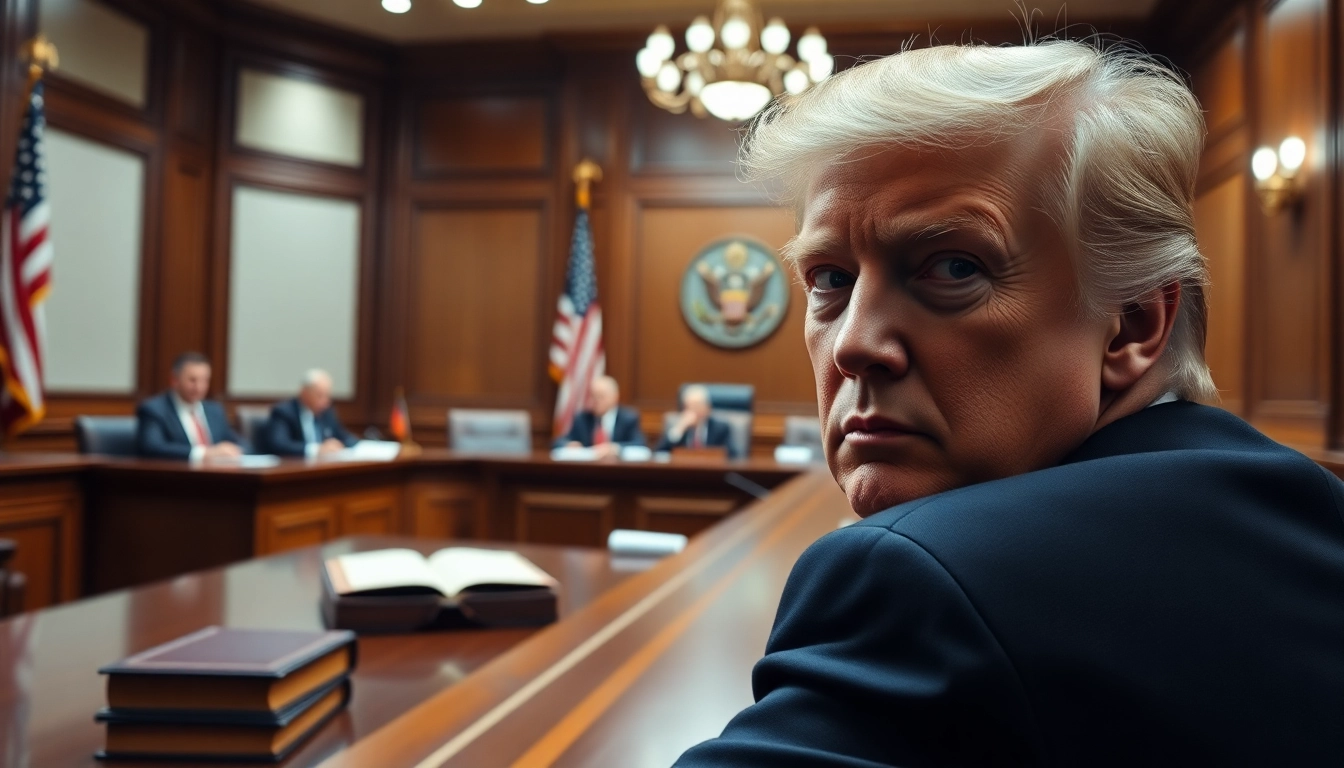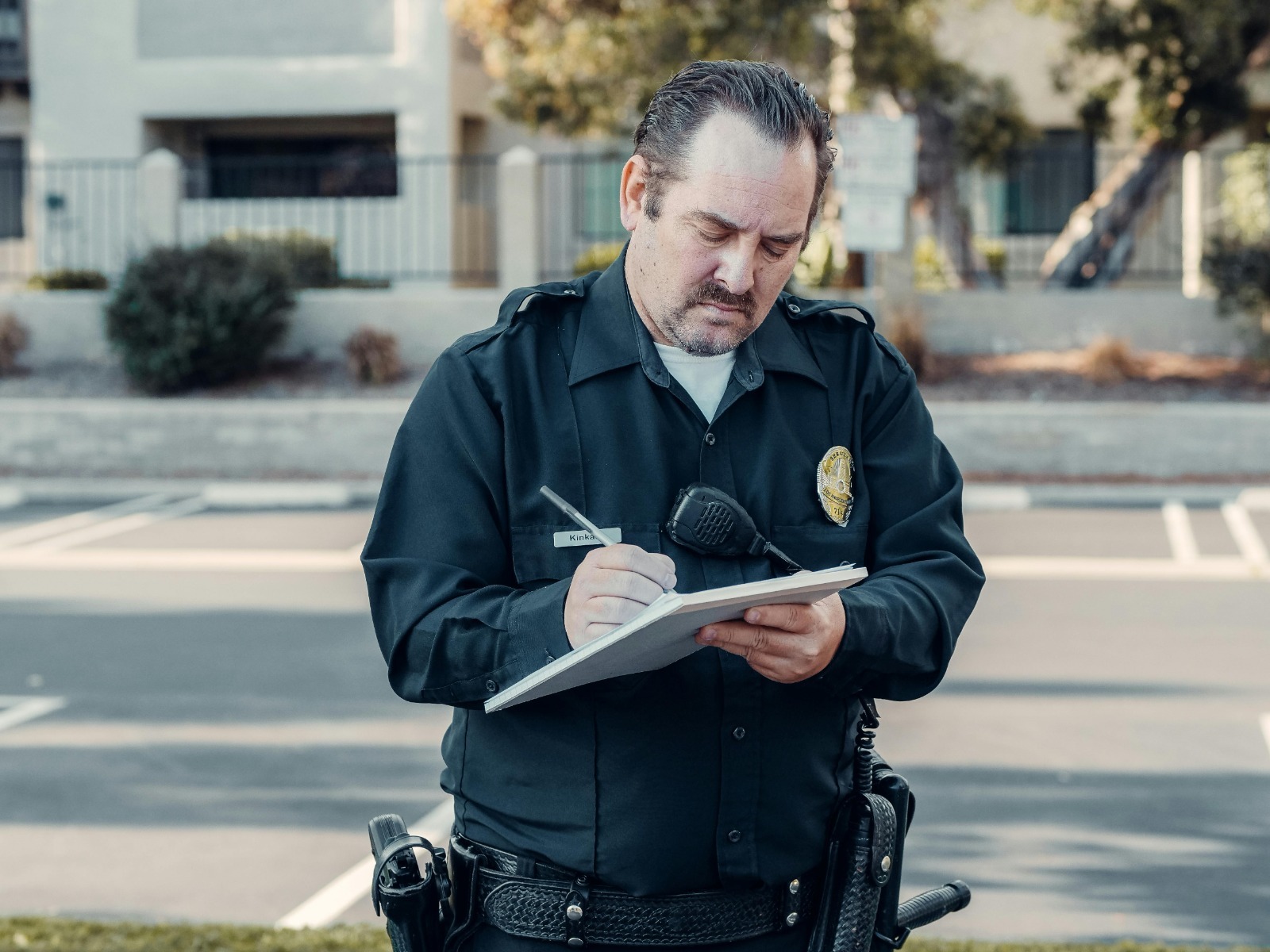Introduction: Why the Trump Charges Matter Now
Former President Donald Trump is one of the most well-known political figures in U.S. history. Recently, he has faced several criminal and civil charges that have captured the attention of the entire world. From courtrooms to campaign rallies, the phrase Trump Charges has been trending in the news, social media, and even family dinner conversations.
But what do these charges actually mean? Why is this such a big deal? And how could it impact politics, law, and the future of the United States?
In this article, we’ll explain the Trump charges clearly, using simple language so that students, parents, and anyone curious can fully understand what’s happening. Let’s break it down step by step.
What Are the Trump Charges?
The term “Trump charges” refers to a set of legal accusations brought against Donald Trump. These include both criminal charges and civil lawsuits, depending on the case.
Main Categories of Charges
Here’s a summary of the major types of charges Trump has faced:
- Election Interference
- Accused of trying to overturn the 2020 election results.
- Includes the Georgia election case and actions on January 6th.
- Classified Documents Case
- Trump is accused of taking secret government documents to his home in Mar-a-Lago after leaving office.
- Business Fraud
- Allegedly inflated the value of his properties to get better loans and insurance.
- Hush Money Payments
- Payments made to an adult film star before the 2016 election to keep certain matters quiet.
These cases are being handled by different courts and legal teams, both state and federal.
Breaking Down Each Case: A Closer Look
1. Georgia Election Case
In Georgia, Trump and others are accused of trying to interfere with election officials to change the outcome of the 2020 election.
- Real-life Example: In a leaked phone call, Trump asked a Georgia official to “find 11,780 votes,” which would have been just enough to win the state.
- Legal Term to Know: Election interference — when someone tries to illegally change the results of an election.
2. January 6th and Capitol Riot Charges
Trump was accused of inciting the attack on the U.S. Capitol on January 6, 2021. He held a rally before the riot and told supporters to “fight like hell.”
- Key Points:
- Investigators looked into whether Trump’s words led to violence.
- He faced charges related to trying to stop the peaceful transfer of power.
3. Classified Documents at Mar-a-Lago
Trump allegedly took top secret government documents with him after leaving office and didn’t return them when asked.
- Why This Matters:
- Keeping classified documents outside secure government buildings can be dangerous to national security.
- It’s a violation of the Presidential Records Act and possibly other federal laws.
4. Business Fraud Case in New York
Trump and his company, the Trump Organization, are accused of lying about the value of their assets. This case is civil, not criminal, but still serious.
- Analogy: Imagine telling a bank your house is worth $1 million to get a big loan—when it’s really only worth $400,000.
5. Hush Money Case
Trump was charged with falsifying business records to cover up payments made to Stormy Daniels during the 2016 campaign.
- Why It’s Illegal: If the money was used to influence the election and wasn’t reported properly, it breaks campaign finance laws.
Why Are the Trump Charges So Important?
A Former President Facing Charges Is Unprecedented
- This has never happened in U.S. history.
- It raises big questions about how justice applies to powerful people.
It Could Affect the 2024 Election
- Trump is still running for president.
- Some supporters see the charges as political, while others believe accountability is key.
The Charges Are a Test of the Legal System
- People around the world are watching to see how the U.S. handles a former leader facing serious allegations.
How Does the Legal Process Work for Trump?
Step-by-Step Legal Process
- Investigation
Law enforcement gathers evidence. - Charges Filed
A grand jury or prosecutor officially files charges. - Arraignment
Trump appears in court and pleads guilty or not guilty. - Trial
Evidence is presented, and a judge or jury makes a decision. - Appeals
If convicted, Trump can appeal the decision to a higher court. - What Could Happen if Trump Is Found Guilty?
Possible Outcomes
- Fines or financial penalties
- Probation or house arrest
- Jail time (depending on the case)
- Disqualification from running for office (only in certain cases)
However, the legal system moves slowly, and appeals could take years.
Different Opinions on the Trump Charges
- Supporters Say: The charges are part of a political “witch hunt” to stop Trump from running again.
- Critics Say: No one is above the law, and Trump should be held accountable.
This debate is ongoing and has deeply divided public opinion.
How to Talk About the Trump Charges Respectfully
It’s okay to have opinions, but it’s important to stay respectful when talking about serious issues. Here are some tips:
- Use facts, not rumors.
- Listen to different perspectives.
- Ask questions if you don’t understand something.
- Focus on the legal process, not just politics.
Why You Should Stay Informed
Even if you’re not old enough to vote, understanding the Trump charges helps you become a more informed citizen. These events will be part of history and could shape the future of leadership in the U.S.
Conclusion: Understanding the Big Picture
The Trump charges are not just about one man—they’re about the strength of the law, the fairness of elections, and the future of democracy. While the legal process continues, it’s essential for all of us, especially young people, to stay informed and think critically.
At TGIC Posts, we believe curiosity leads to clarity. We hope this guide helped you understand what’s really happening—and why it matters now more than ever. All our latest blogs and resources are connected to our core platform.
FAQs About the Trump Charges
1. What does “Trump charges” mean?
It refers to the legal accusations—both criminal and civil—brought against Donald Trump.
2. Can Trump still run for president if he is charged?
Yes. Being charged or even convicted doesn’t automatically stop someone from running for president.
3. Has any other U.S. president been charged with a crime?
No. Trump is the first former president to face criminal charges.
4. Why are people divided over these charges?
Some think the charges are politically motivated, while others believe it’s about justice and accountability.
5. What happens next in these cases?
Each case has its own timeline, but they will go through the court process with possible trials, verdicts, and appeals.











Leave a Reply